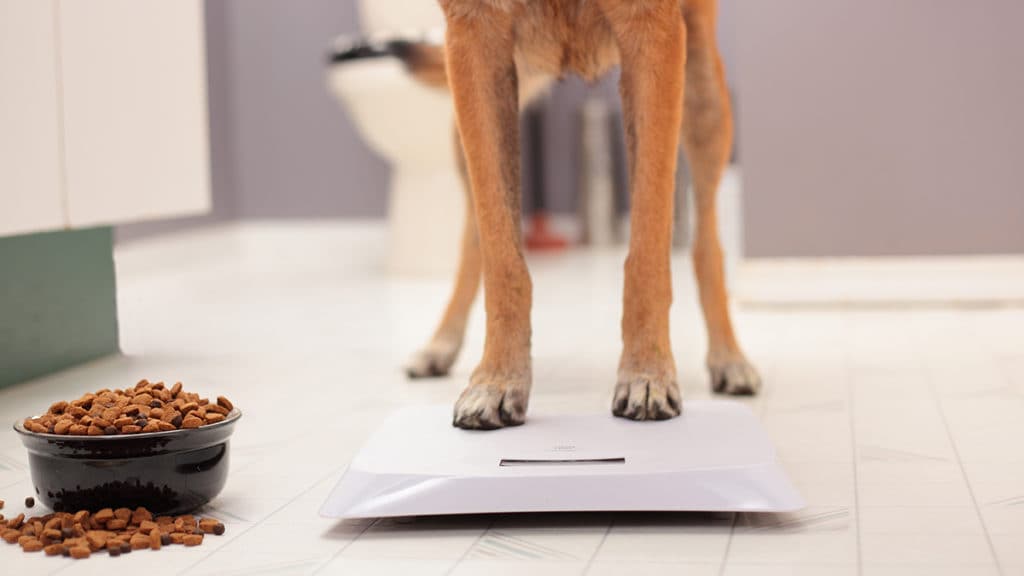
Further, most studies have focused on weight loss metrics such as rate and percentage weight loss. Whilst the latter studies were more representative of weight loss in pet dogs than colony studies, they were limited by the fact they were conducted at academic institutions, and were arguably less representative of weight loss regimens conducted in primary care practice.

Other studies have demonstrated successful weight loss in pet dogs with naturally-occurring obesity, although weight loss is slower than in the colony studies (mean <1% per week), and many dogs fail to reach their target weight.

Many of the first weight loss studies were conducted in research colony dogs, and reported universal success with rates of weight loss progressing at 1–2% per week. Successful weight loss can lessen the impact of the comorbidities associated with obesity, for example improving mobility in the face of osteoarthritis, improving insulin sensitivity and reversing other metabolic derangements, as well as improving QOL. dietary energy intake less than maintenance requirements) to invoke controlled weight loss, as well as increasing physical activity which can provide additional benefits. Treatment of obesity predominantly involves feeding a purpose-formulated food in restricted quantities (e.g.

In addition to these adverse effects on health, quality of life (QOL) is poorer in obese dogs and lifespans can be shortened. Obesity is the most common medical disease in dogs, and is associated with comorbidities such as orthopaedic disease and diabetes mellitus, as well as causing metabolic derangements, altered renal function, and respiratory dysfunction.


 0 kommentar(er)
0 kommentar(er)
